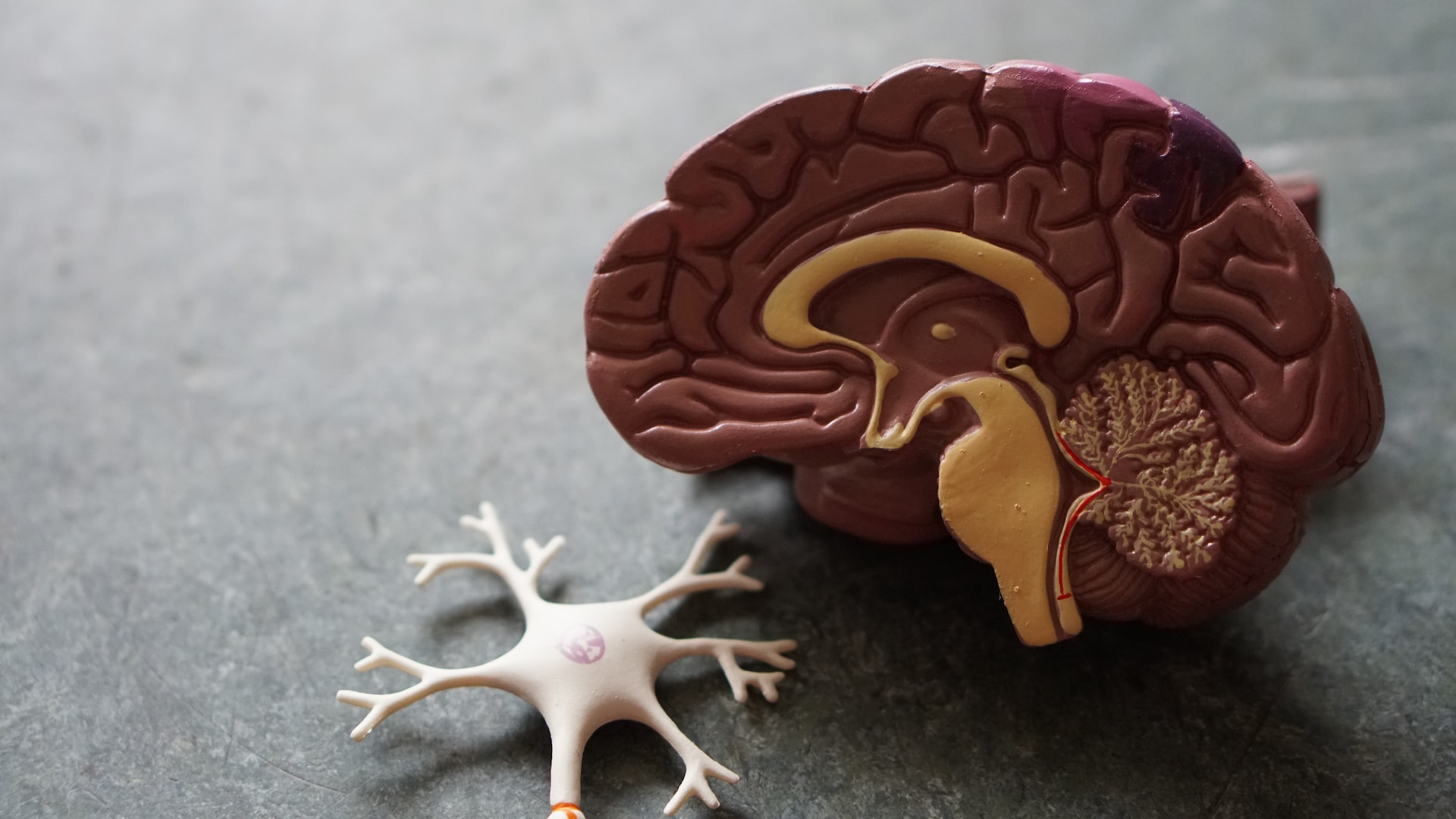How hormones evolve after age 60
As people age past 60, their hormones go through significant changes that affect many parts of the body and mind. This evolution is especially noticeable in women due to menopause, but men also experience hormonal shifts that influence their health.
**Hormonal Changes in Women After 60**
By the time a woman reaches her 60s, she is typically well into postmenopause. Menopause itself marks the end of menstrual periods and occurs when estrogen and progesterone production by the ovaries drops sharply. After menopause, estrogen levels remain low for life.
This decline in estrogen has wide effects:
– **Bone Health:** Estrogen helps keep bones strong. Lower levels increase the risk of osteoporosis, making bones more fragile.
– **Heart Health:** Estrogen protects against heart disease; its loss raises cardiovascular risks.
– **Skin and Hair:** Reduced estrogen leads to thinner skin, less elasticity, dryness, and hair thinning.
– **Mood and Sleep:** Many women experience mood swings or depression along with sleep difficulties like insomnia.
– **Metabolism:** A slower metabolism can cause weight gain even without changes in diet or activity.
These symptoms vary widely among women—some may feel only mild discomfort while others face more severe challenges[1][5].
**Hormonal Changes in Men After 60**
Men do not have a clear-cut event like menopause but undergo a gradual decline in testosterone called andropause or late-onset hypogonadism. Testosterone levels decrease slowly over decades after age 30 but become more noticeable after 60.
Lower testosterone can lead to:
– Reduced muscle mass and strength
– Decreased libido
– Fatigue
– Mood changes such as irritability or depression
– Bone density loss
Unlike female hormone replacement therapy (HRT), male hormone therapy is less commonly used but may be considered on an individual basis depending on symptoms[3].
**Other Hormones Also Shift**
Beyond sex hormones like estrogen, progesterone, and testosterone, other hormones change with aging:
– **Cortisol**, the stress hormone: Its balance can be disrupted leading to increased stress responses.
– **Insulin** regulation may worsen contributing to blood sugar issues or type 2 diabetes risk.
– Thyroid function often declines subtly affecting energy levels.
These shifts contribute collectively to how aging feels physically and mentally[5].
**Managing Hormonal Changes**
Many older adults explore treatments such as hormone replacement therapy (HRT) for women or testosterone therapy for men to ease symptoms related to hormonal decline. These therapies aim to restore some balance but must be tailored carefully due to potential risks versus benefits at advanced ages[2][4]. Lifestyle factors like nutrition, exercise, sleep hygiene also play crucial roles in managing these natural hormonal evolutions effectively.
In essence, after age 60 hormones evolve from youthful rhythms into new patterns marked by lower sex steroid production alongside altered metabolic regulation. This transformation shapes aging experiences uniquely for each person’s body chemistry while offering opportunities for targeted support where needed.





